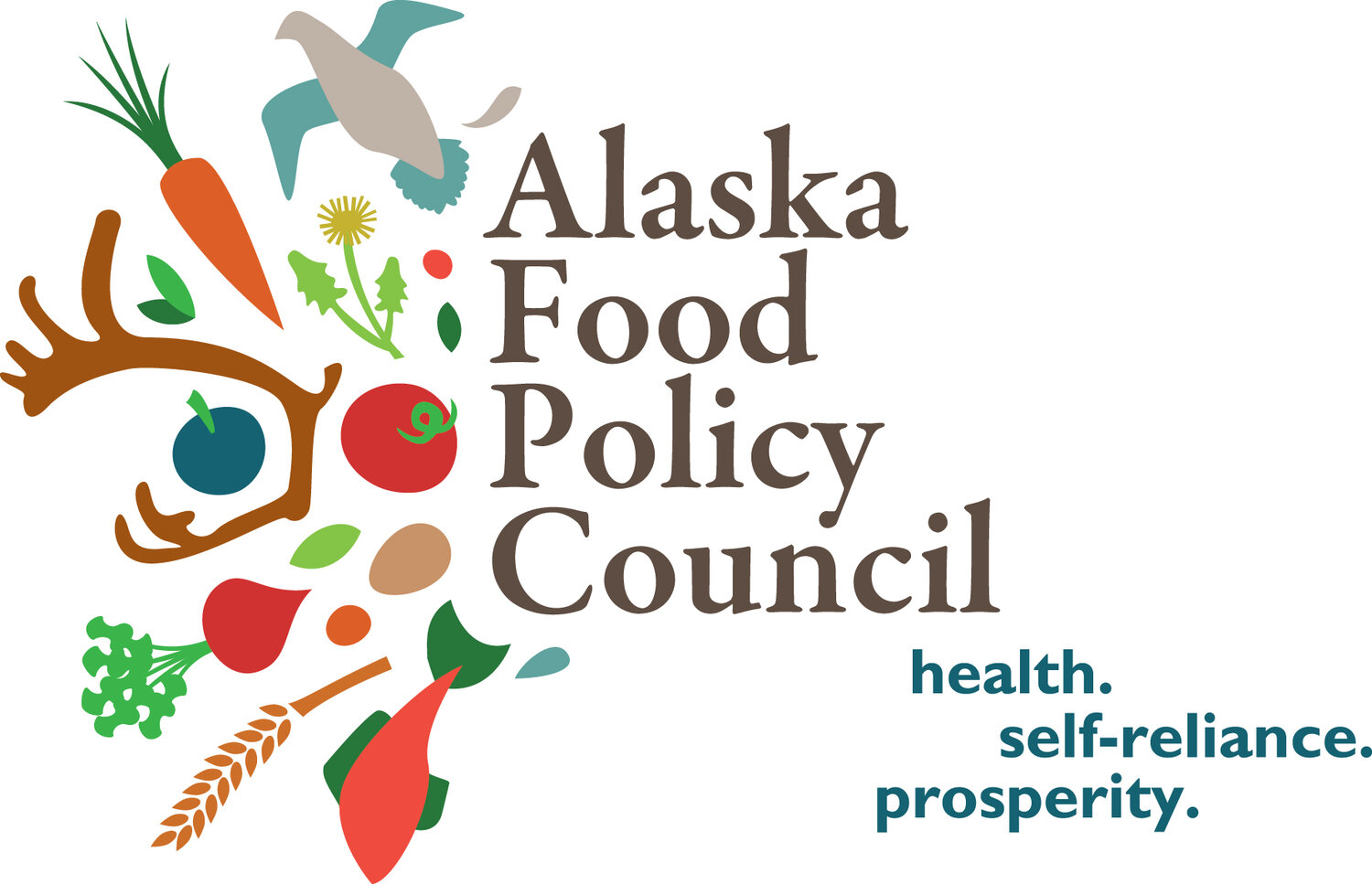Today the AFPC submitted a letter to Tammie Wilson (R – North Pole/Fairbanks), the Chair of the Alaska House of Representatives Finance Subcommittee for the University of Alaska, urging her to make funding Cooperative Extension Services a part of the UAA budget. We could lose up to 71% of CES’s budget! If you have a moment today, please reach out by 4 PM to let representatives know you care about these programs.
Dear Rep. Wilson,
I am writing to you on behalf of the Alaska Food Policy Council (AFPC). The AFPC is a group of Alaskans who believe that food security is key to a healthy, self-reliant and prosperous Alaskan future. I write today to ask that you support continued funding for the Cooperative Extension Service (CES) in the budget you present to the House Finance Committee tonight. CES programs play a critical support role for our state’s food system and agriculture sector and its impact throughout the state far exceeds its budget.
One example of CES’s impact is its role in keeping Alaskans free from food-borne illnesses. The state’s Division of Food Safety, housed in the Department of Environmental Conservation (DEC), is charged with keeping Alaska’s food supply safe. Unfortunately, budget constraints keep DEC officials from making frequent visits to individual businesses, particularly in rural communities. The CES has stepped in to provide Certified Food Protection Management (CFPM) trainings, where food service workers learn how to prepare food safely and avoid food-borne illnesses. Under state regulations, every food business is required to have at least one CFPM-certified employee who understands food safety rules and is ready to act swiftly if he or she sees a risk for food-borne illness. If CES loses funding for food safety training, Alaska’s food system will be less safe, DEC’s work will be less effective, and rural small businesses will face higher costs to travel to trainings.
In addition to supporting food businesses through food safety programs, individual Alaskans rely on CES for advice about canning and freezing food safely. This service is particularly important to Alaska’s low-income and rural residents, who rely on preserving wild-caught foods to maintain their food security more than residents of many other states. CES is also working on developing emergency preparedness plans for Alaska communities.
CES plays a crucial role in the agriculture sector through programs youth education programs such as 4-H, and farmer support programs. These programs do not cost the state much money, but have a huge impact on farmers, growers, and subsistence users across the state.
CES does a tremendous amount of work in our state with very little funding, and cuts to CES programs would be a major loss to the state and its citizens. We hope you will choose not to cut these important programs in the budget you present to the House Finance Committee tonight.
Sincerely,
Victoria Briggs, Co-Chair



